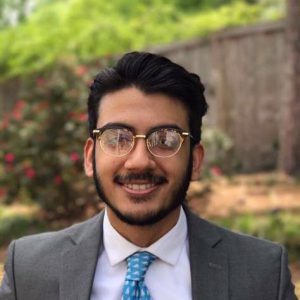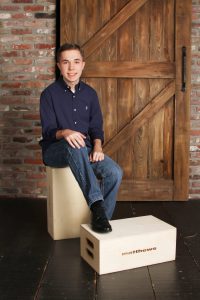I am really excited to get to know all of you and working together to help Watershed UGA
1. I never took Biology in high school because they made you dissect a cat, and that is just wrong. I loved Chemistry, though, and wanted to design perfumes. I figured out after a few college courses that I couldn’t actually work with most Chemists, though, because they are often mean and lack a sense of humor.
2. The thing that I would most like to get out of this course is to learn how to make you lifelong fans of Biology.
3. It is so hard to choose. As a natural clean freak, I love the idea of ending stinky polluting dumpsters and leaking sewage, but as the mother of a high school student, I am really excited to share some Biology with them.
4. I really want to learn more about what my responsibilities are as a citizen and how I can get involved.



